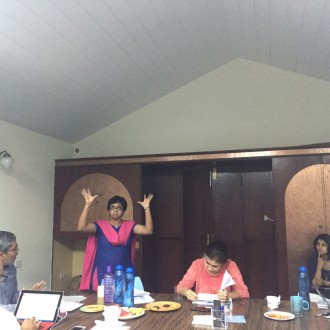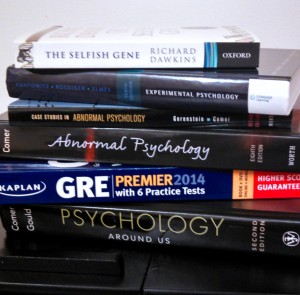In confusion, we find revelation.
Last summer, as I’ve mentioned, I researched the interactions between Bermuda’s groundwater and coral reefs. I entered the metaphorical woods: the ambiguity and self-doubt of immersion in data and details.

I came to the field with a set of expectations for my project: a conceptual forest, if you will. But in the field, I zoomed in, rebuilding this conceptual forest from the ground up. Surrounded by trees, details, and noise, I lost faith that I could find significant results – any conceptual forest at all.
On Day One of my project, I had an abrupt reality check. The groundwater discharge I was studying was nowhere to be found. I swam along the rocky coastline of Bermuda’s Tynes Continue reading Welcome to the Woods










